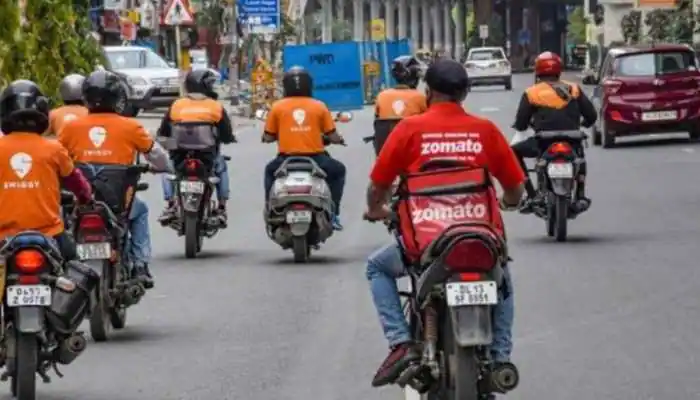The Centre for IT and Public Policy (CITAPP), International Institute of Information Technology Bangalore, led the Fairwork India Team in cooperation with Oxford University (IIIT-B).
Ola, Uber, Dunzo, PharmEasy, and Amazon Flex received the lowest ratings in a ranking of digital platforms based on their ability to offer fair working conditions for gig workers, according to the Fairwork India team in collaboration with Oxford University. Internationally, Fairwork rates the working conditions on digital labour marketplaces.
Amazon Flex, Dunzo, Ola, PharmEasy, and Uber received a score of 0 out of 10 in the Fairwork India Ratings 2022 Report, which evaluated platforms in accordance with five principles: fair pay, fair conditions, fair contracts, fair management, and fair representation.
No platform this year received more than seven out of a possible 10 points, and none received all one-star ratings across the five principles, according to Fairwork India’s study.
Up to 12 platforms were assessed for the Fairwork India Ratings 2022, including Amazon Flex, BigBasket, Dunzo, Flipkart, Ola, PharmEasy, Porter, Swiggy, Uber, Urban Company, Zepto, and Zomato.
The first point and the second point, which can only be given if the first point has been met, are assigned to each of the five principles. Each platform is given a rating out of 10. The highest rating was given to Urban Company (7/10), followed by BigBasket (6/10), Flipkart (5/10), Swiggy (5/10), Zomato (4/10), Zepto (2/10), and Porter (1/10).
Professor Balaji Parthasarathy, the team’s principal investigator, told reporters that gig workers are independent contractors under the law and do not have the same rights to benefits that unorganised workers or employees do.
The professor continued, “A starting point to improve their working conditions would be to ensure that they receive at least the hourly minimum wage, after taking into account work-related costs, and ensuring that the platforms hear, acknowledge, and take into account the demands they make through collective action.
The Centre for IT and Public Policy (CITAPP), International Institute of Information Technology Bangalore, led the Fairwork India Team in cooperation with Oxford University (IIIT-B).
The paper also looks at platform workers’ working conditions in India on digital labour platforms. It assesses 12 platforms in India that provide location-based services in industries like logistics, e-pharmacy, food delivery, domestic and personal care, and transportation.
Platforms have been unwilling to publicly commit to, and operationalize, a minimum-wage policy, the research stated, “even with workers and worker groups constantly emphasising the significance of a consistent income for platform workers.”
Additionally, it stated that BigBasket, Flipkart, and Urban Company established and put into practise regulations this year to guarantee that all employees on these platforms receive at least the hourly local minimum wage after accounting for work-related expenses.
